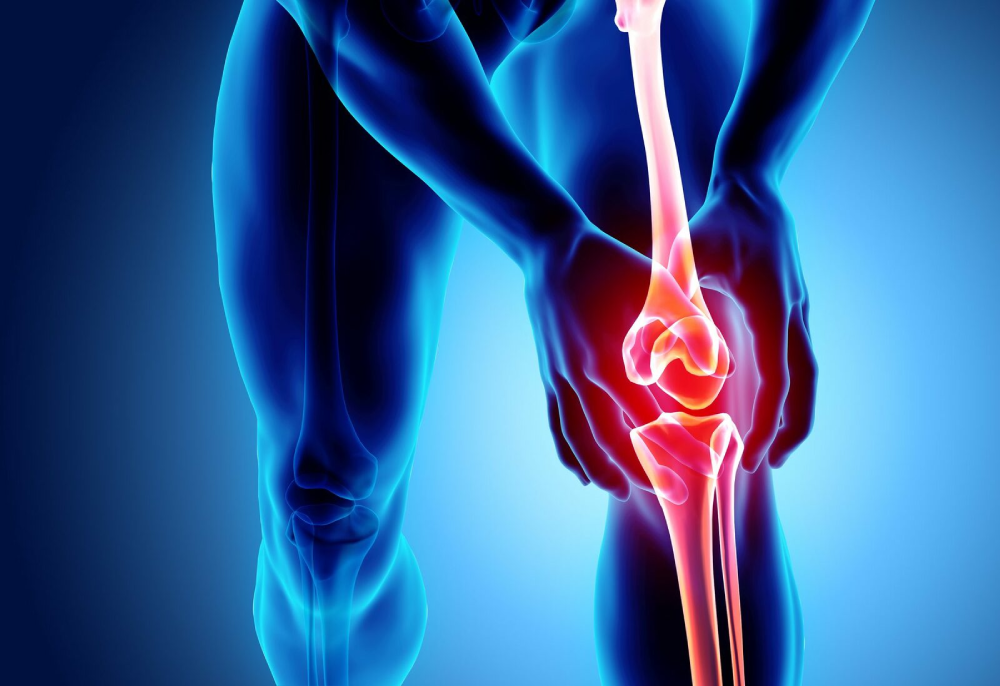How to Slow Down Aging: Top Tips From a Naturopathic Doctor
Unlocking the Secrets to Slowing Down the Aging Process
Is aging an unstoppable force, or can we actually slow down the clock’s hands? Research increasingly suggests that there exist strategies to temper the aging process, potentially extending the duration of vibrant and healthy living well into our later years.
Understanding the Aging Journey
Aging, a natural progression, entails the waning of the body’s cellular regenerative mechanisms, leading to cellular and tissue degeneration. It affects not just the visible aspects—skin, hair, muscle—but also the unseen parts of our body, such as diminished joint function and brain volume.
Diverse factors contribute to the aging process, including oxidative stress, DNA damage, mitochondrial impairments, and telomere shortening. While aging is an unavoidable reality, studies show promising ways to delay this process by bolstering antioxidant consumption, maintaining mitochondrial health, and mitigating inflammation.
Antioxidants: A Shield Against Aging
Oxidative stress, a key player in aging, stems from the imbalance between antioxidants and free radicals. These radicals, formed during our body’s metabolic functions, trigger damage in cells, tissues, proteins, and DNA. This damage contributes to a spectrum of diseases, from cancer to Alzheimer’s and chronic pulmonary diseases.
Studies highlight the potential of antioxidants in combating oxidative stress. These compounds, such as Vitamin C, Vitamin E, and plant-based nutrients like quercetin, counter the damaging effects of oxidative stress by stabilizing free radicals and preventing cellular damage.
The Role of Mitochondria in Anti-Aging
Mitochondria, the powerhouses within cells responsible for energy production, are vital for healthy aging. Dysfunctional mitochondria trigger increased inflammation and contribute to accelerated aging.
Research indicates that compounds like Coenzyme Q10 (CoQ10) and curcumin support mitochondrial health, slowing the aging process. CoQ10, essential for mitochondrial function, when supplemented, has shown benefits in reducing fatigue and combating conditions like cardiovascular diseases. Similarly, curcumin from turmeric positively influences mitochondrial health, exhibiting its effectiveness in animal and human studies.
Curbing Inflammation: A Key to Slowing Aging
Chronic low-grade inflammation associated with aging accelerates the aging process, creating a detrimental cycle. Prioritizing adequate sleep, as studies suggest, can significantly reduce inflammation, as sleep encourages the production of anti-inflammatory cell messengers.
Melatonin, not only a sleep hormone but also an antioxidant and anti-inflammatory agent, holds potential in slowing the aging process. Its ability to regulate the sleep-wake cycle and protect brain cells from degenerative diseases like Alzheimer’s underscores its importance in aging gracefully.
